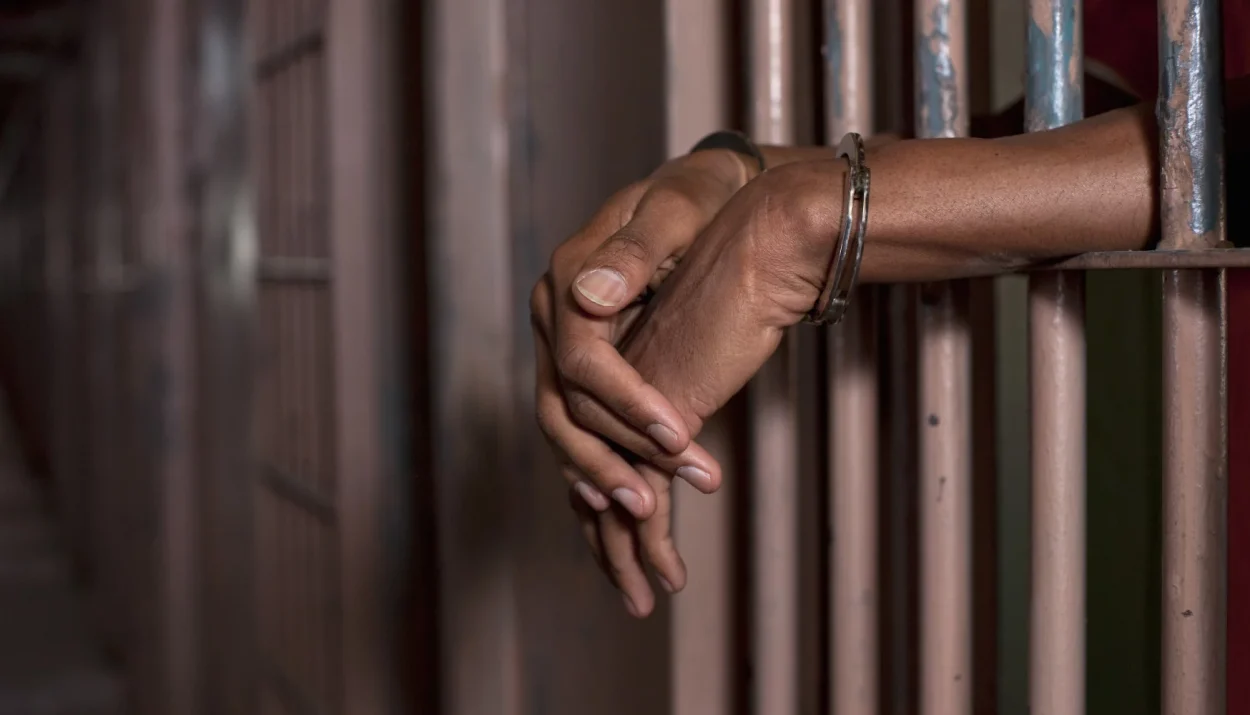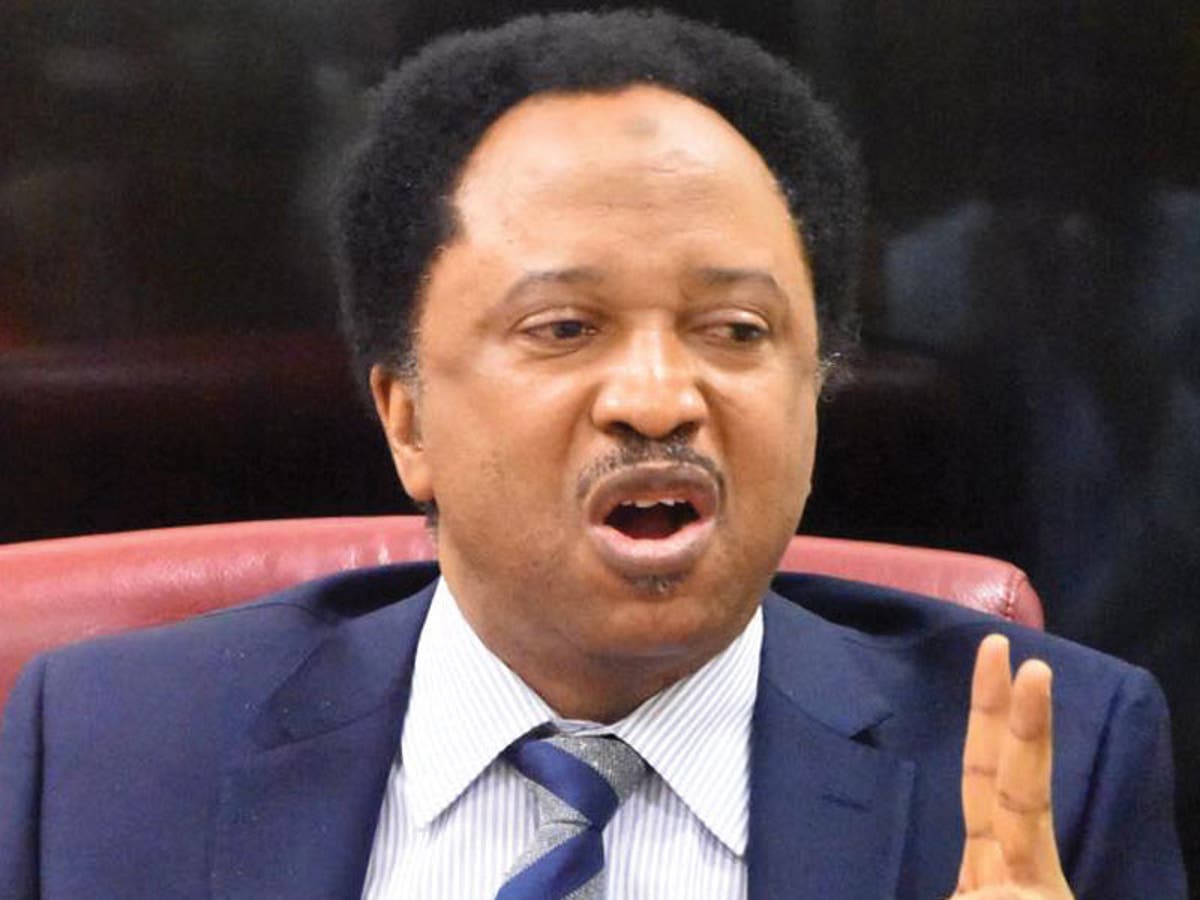India is set to release thousands of prisoners awaiting trial under new bail provisions announced by Home Minister Amit Shah. This move, aimed at alleviating the crippling backlog in the country’s judicial system, will apply to non-serious offenders who have served at least a third of their potential sentence. Shah has directed authorities to ensure the bail process is completed before Constitution Day on November 26, 2024.
The decision comes as India’s judicial system faces staggering delays, with over 134,799 individuals currently in detention awaiting trial, including 11,448 who have been imprisoned without sentencing for more than five years, according to early 2024 government data. Shah emphasized the urgency of implementing reforms to make the country’s legal system “scientific and speedy.”
Speaking at a conference with senior police officers, Shah said, “It is our effort that before Constitution Day, there should not be a single prisoner in the country’s jails who has served one-third of his sentence and has not yet got justice.”
The reforms, however, exclude individuals charged under the Unlawful Activities Prevention Act (UAPA) and those accused of serious crimes. The UAPA has been criticized for enabling indefinite detention without trial and is often cited as a tool to suppress dissent.
A System Under Strain
India’s courts are burdened with over 40 million pending cases, making it one of the slowest legal systems globally. The country has only 21 judges per million people, far below international standards, which exacerbates delays. Some trials have famously dragged on for decades, with one case lasting as long as 65 years before resolution.
A Supreme Court ruling in 2023 warned that excessive delays in delivering justice risk eroding public trust in the legal system. Critics have also pointed out the lack of investment in digital technologies to streamline case management, despite years of calls for modernization.
Impact and Challenges
The latest move is expected to provide relief to thousands of detainees and reduce overcrowding in India’s prisons, which are operating at 130% of their capacity. However, legal experts caution that this is only a temporary solution. They have called for systemic reforms, including increasing the number of judges and implementing better case management systems.
The announcement also raises questions about how effectively jail authorities and courts will coordinate to expedite the bail process. Critics argue that the initiative, while commendable, does not address the root causes of delays, including insufficient judicial staffing and procedural inefficiencies.
Political and Human Rights Implications
Human rights activists have welcomed the decision but remain critical of the exclusion of UAPA detainees. Amnesty International and other organizations have long called for the repeal or reform of the UAPA, citing its potential for abuse.
Shah’s directive underscores the Modi government’s effort to showcase its commitment to judicial reform, a key issue that resonates with millions of citizens frustrated by delays in accessing justice. With general elections looming in 2024, the move is likely to have political significance, signaling the government’s intent to address one of the country’s long-standing issues.







2 Comments